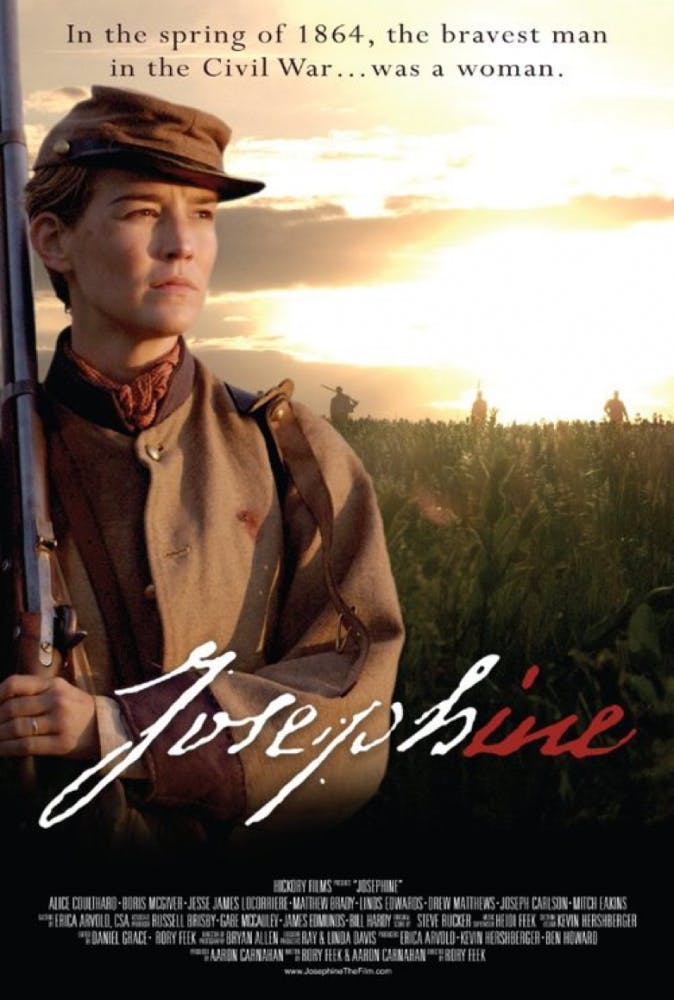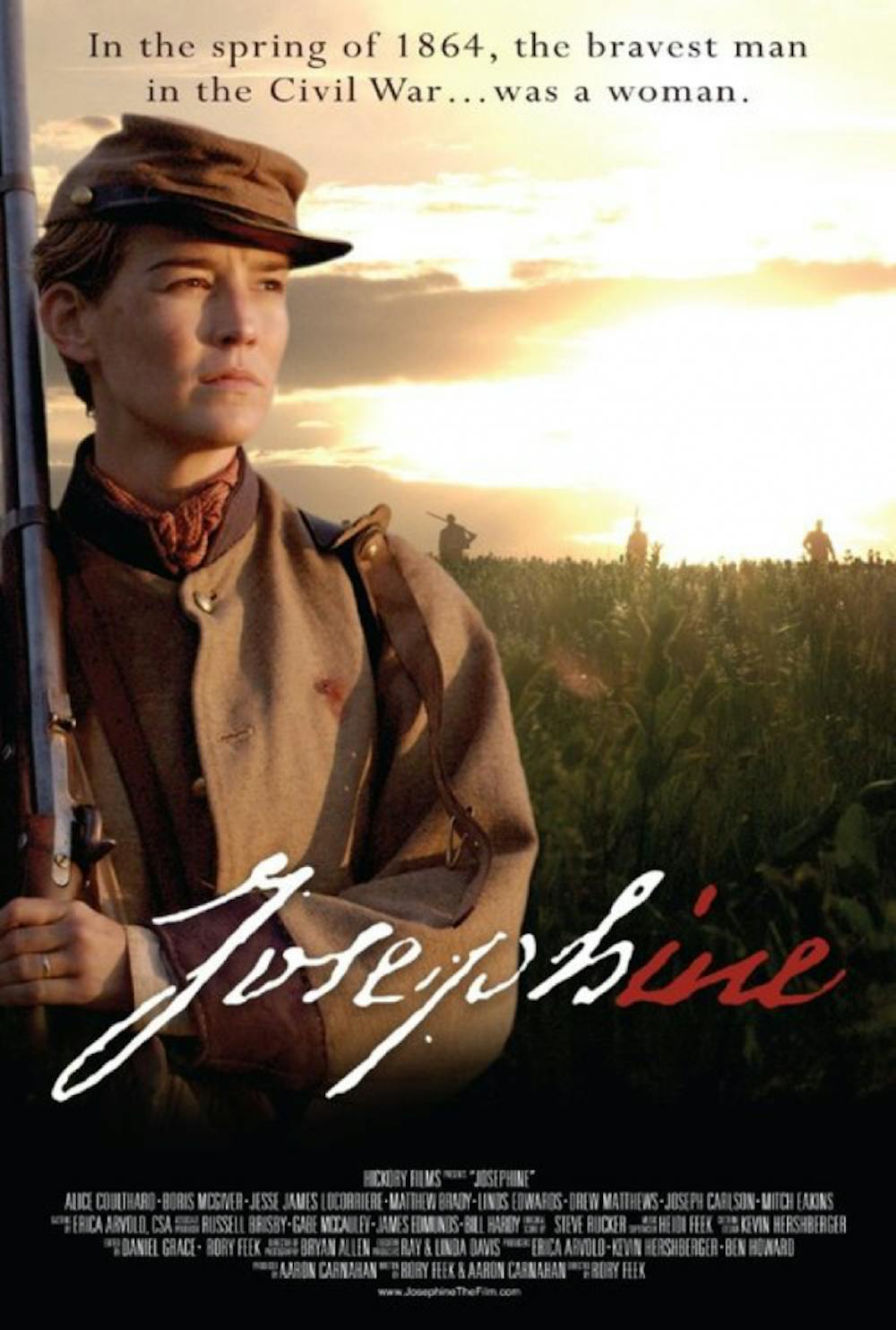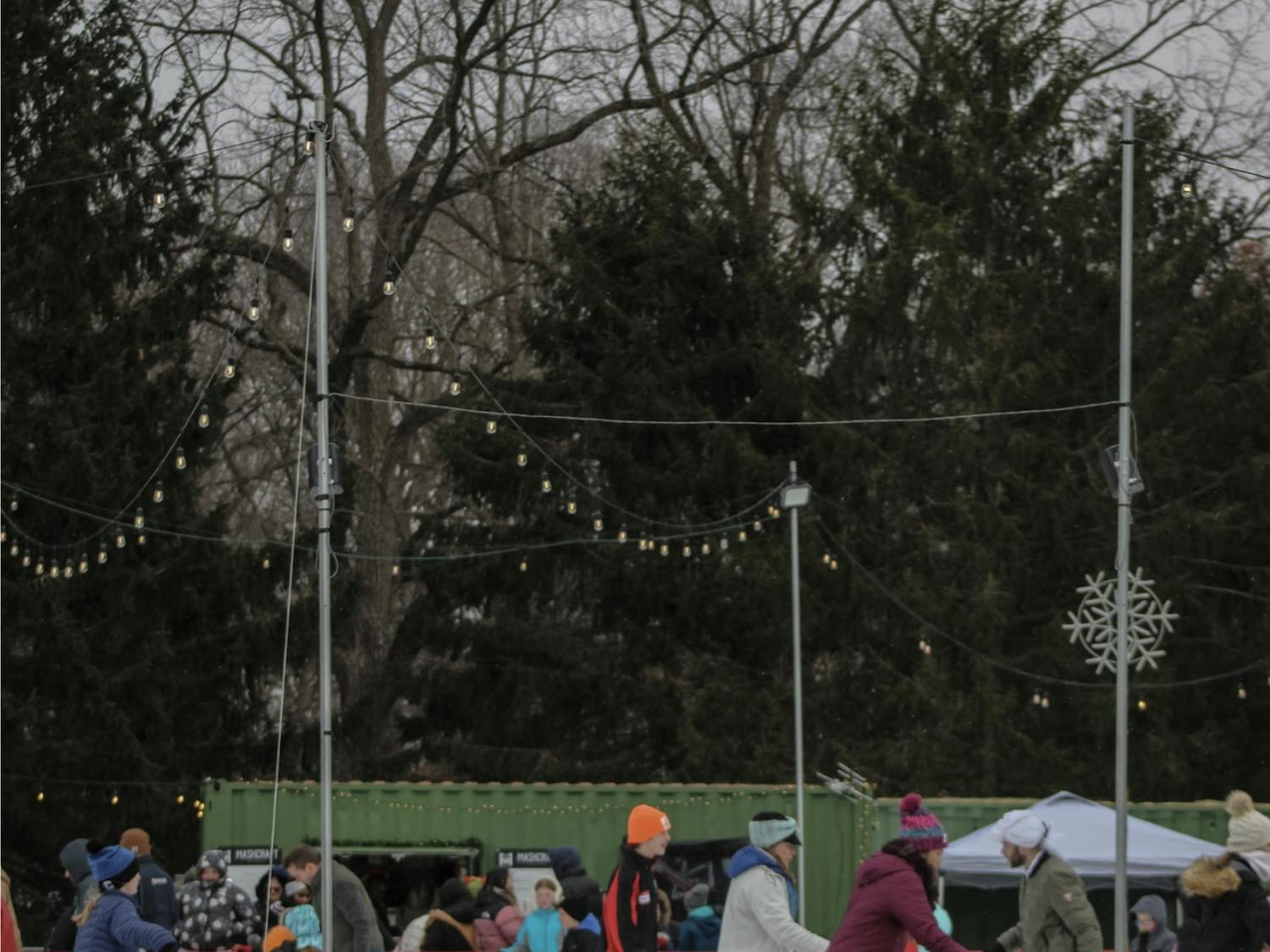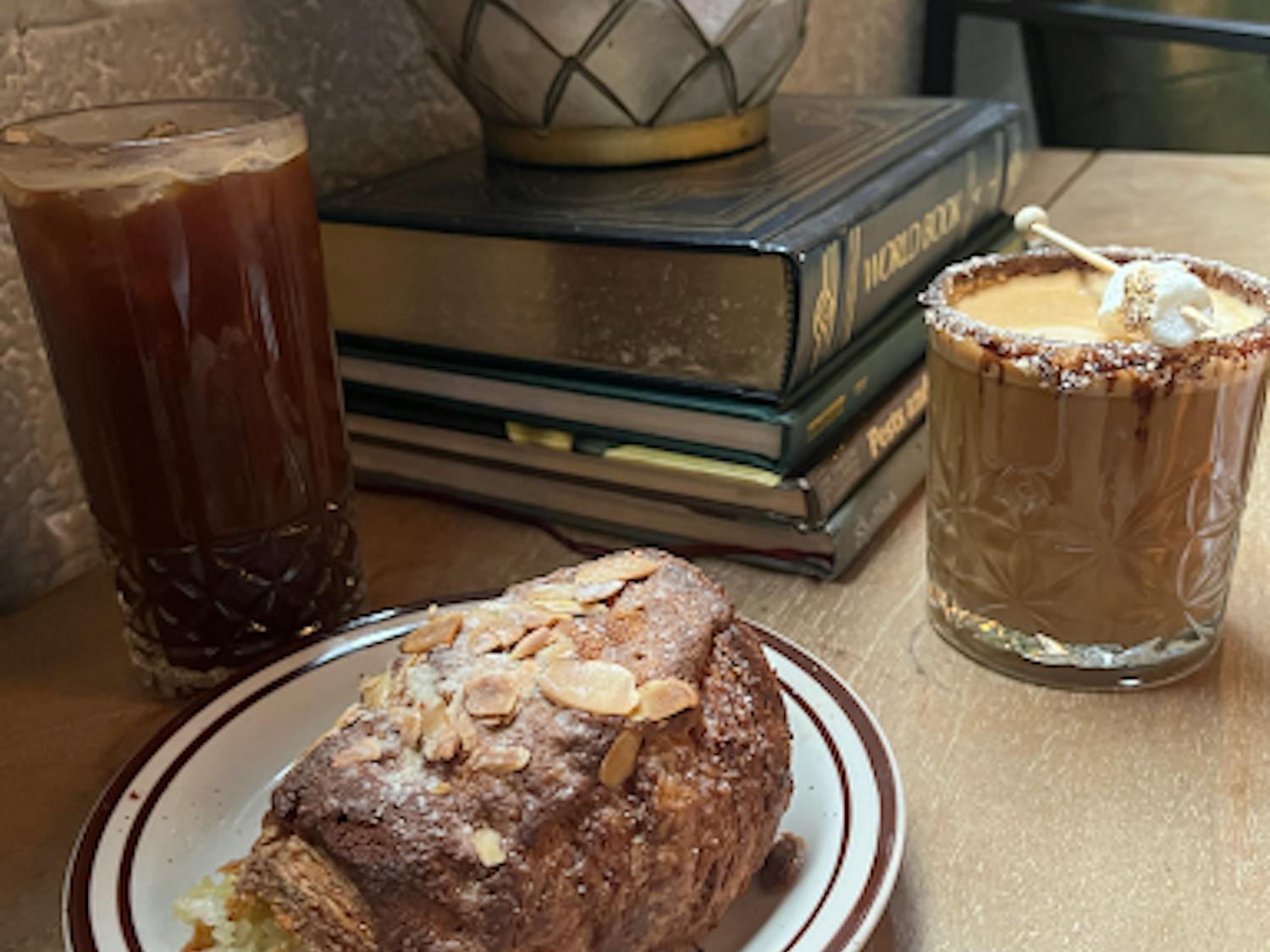The 25th annual Heartland Film Festival closed out on a high note with Rory Feek's Civil War drama 'Josephine.'
By Breanna Cooper

The 25th annual Heartland Film Festival ended on a high note with a screening of “Josephine,” written and directed by musician Rory Feek.
Set during the ending of the Civil War, “Josephine” focuses on a woman whose husband, John, is fighting for the Confederacy. After months go by with no letters from John, Josephine has no way of knowing whether her husband is alive or dead. With no money left to keep up the family farm and after burying her daughter, Josephine chops off her hair and follows her husband onto the battlefield, fighting as ‘Joseph’ for the South.
Director Rory Feek described the process of writing “Josephine” during a Q&A after the screening. After buying a farm in 1999, Feek joined the local Historical Society to learn more about the farmhouse. After uncovering Civil War letters from a soldier, John, to his wife, Feek wrote a song titled “Josephine,” the title coming from the name of the soldiers wife. Years later, after recording the song with his late wife, it was brought to Feek’s attention that there were also existing letters from Josephine.
This is how the storyline unfolded. Throughout the film, the audience hears several diary entries written by Josephine as she tries to hide her true identity from those around her. According to Heidi Feek, music supervisor and daughter of Rory Feek, several of these entries are ver batim from the letters written by Josephine to her husband.
The concept of a woman fighting a war disguised as a man is not a new one. However, “Josephine” takes a used idea and somehow makes it seem original. This originality stems from a strong storyline. The circumstances in Josephine’s life led her to the war. Unlike many stories of this nature, Josephine’s entrance to battle was not one of liberation. She was not out to prove that she, as a woman, was capable of doing anything a man could do. Instead, she was doing what she had to do to survive. Ironically, her means of survival relied on her fighting in the deadliest war in American history.
While Josephine is a fictional character, it is estimated that 600 to 1000 women fought in the Civil War. This film was dedicated to them.
While the storyline alone is captivating enough to make this a great film, there are several elements that make this film stand out.
Alice Coulthard (Josephine) and Boris McGiver, who plays Tally, a man that Josephine befriends, and who is aware of her gender throughout most of the film, give fantastic performances. Coulthard portrays Josephine’s confusion, fear, and dysphoria well. It should be noted that Coulthard is British, yet managed to perform with a very convincing Southern accent. That in itself is impressive. McGiver, while not playing the protagonist, makes audiences empathize with Tally, an Atheist struggling to find meaning in life.
Secondly, the cinematography in this film is outstanding. Director of photography Bryan Allen perfectly captured the horrors of war, as well as the beauty in the natural environment the soldiers were fighting in. Although the crew admitted to having a smaller budget than they would have liked, Allen made it impossible for audiences to tell.
Another notable aspect of this film was the soundtrack. Although many songs are contemporary, the score blended perfectly with the film. With an all female soundtrack, including tracks from Patty Griffin and Loretta Lynn, the hard work that went into piecing together the score was evident throughout the film.
“Josephine” is a beautiful film that weaves together the emotions that everyone feels throughout life. Depicting the unflinching realities of war juxtaposed with the overwhelming power of love and faith, “Josephine” is ultimately a story of overcoming hardship to celebrate the beauty existent in our lives.
Heartland could not have chose a better film to end the 2016 festival.
https://youtu.be/9ZJ6LsauDq0
Film Review: 'Josephine'

Heads up! This article was imported from a previous version of The Campus Citizen. If you notice any issues, please let us know.
Promotional poster for "Josephine." (Photo from "Josephine" Facebook page.)




